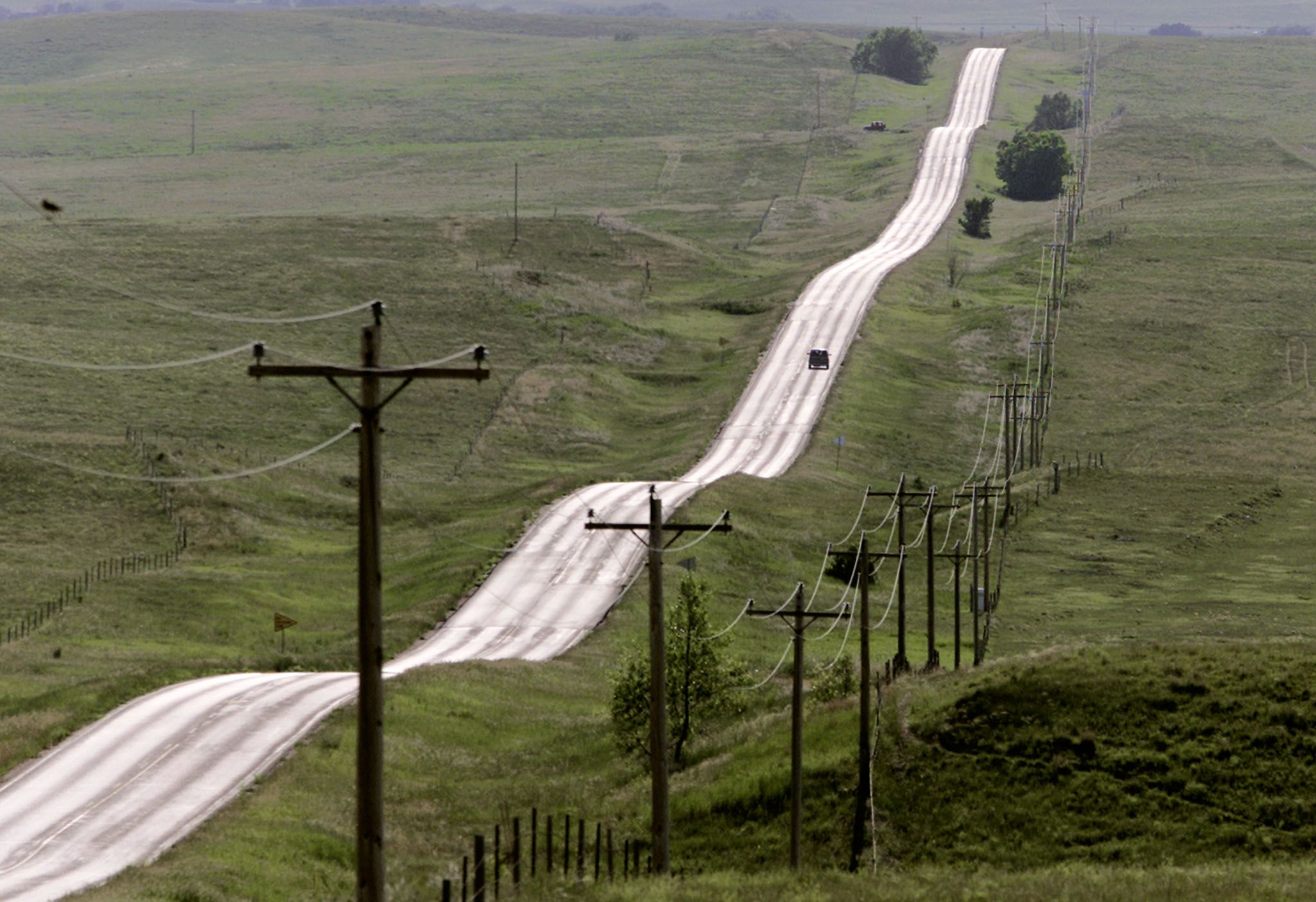
The first time I met with U.S. prisoner Leonard Peltier, he was planning his funeral.
The 71-year-old has lived behind barbed wire and concrete walls for more than half of his life, cemented in the custody of the Federal Bureau of Prisons.
As he wages a four-decade legal battle in a case clouded with conflicting testimony, political influence and doubt, he also struggles with declining health, including diabetes, a heart condition, multiple jaw surgeries and loss of vision and motor function due to a stroke.
In the first month of 2016, Peltier was diagnosed with an abdominal aortic aneurysm—a swollen aorta that can amount to a tiny ticking time bomb if left untreated. Sometime during our visit, he turned to me and said, "If you don't get me out of here, I'm going to die—and it won't be of old age."
Unless President Obama grants him clemency, Peltier's prediction will almost certainly come true.
Peltier, an Anishinabe-Lakota American Indian, is best known as a member of the American Indian Movement (AIM), an activist movement founded in 1968 during the turmoil of the civil rights era to advocate for Native people in the U.S.
In 1972, Peltier was among AIM activists who marched to Washington, D.C., to present a 20-point proposal for improving U.S.-Indian relations on the eve of election day. The so-called "Trail of Broken Treaties" escalated into a six-day occupation of the Bureau of Indian Affairs. After an end to the occupation was negotiated and the leaders returned home, AIM was considered an extremist organization by the FBI.
Today, Peltier is serving two consecutive life sentences in USP Coleman, northwest of Orlando. He was convicted of the murder of FBI Agents Ronald Williams and Jack Coler, who were shot and killed on the Pine Ridge Reservation on June 26, 1975.
Peltier has always maintained his innocence, and his deep respect for human life. He has never denied being present on June 26, but he has spent the past 40 years trying to prove that he did not commit the murders.
The long and complicated case history reveals a pattern of misconduct by the FBI, including the coercion of an alleged eyewitness, suppression of potentially exculpatory evidence and deep concerns about the agency's political motivation for so zealously pursuing the case.
The U.S. Parole Commission has acknowledged to Peltier the "lack of any direct evidence that you personally participated in the executions of two FBI agents."
The tragic deaths of Agents Coler and Williams at Pine Ridge occurred within a much larger context of political tension between AIM organizers and law enforcement. Months prior to the shoot-out that resulted in their deaths, the FBI was already preparing for a major armed confrontation with AIM leaders, as evidenced by a six-page FBI memo dated April 24, 1975, titled: "The Use of Special Agents of the FBI in a Paramilitary Law Enforcement Operation in the Indian Country.
Peltier has devoted his life to bettering the lives of some of the most underserved and marginalized people in the United States—his own native people. He told me about his work to establish a halfway home for women leaving the reservation to look for work in the city in the early 1960s, about his prison art program and ongoing commitment to mentoring younger inmates.
Peltier will not be eligible for parole again for nearly a decade, but he may well not have that long. Ruptured abdominal aortic aneurysms are reported to have approximately a 90 percent mortality rate—a statistic that is even more chilling for an inmate trapped in the federal prison's medical system, which is plagued by chronic staffing shortages and limited access to care, according to a recent Department of Justice report.
Frequent lockdowns at the maximum security prison exacerbate already grave concern for his health. "If something happens to an inmate," Peltier told me, "the medics walk. I won't even make it into surgery."
As Peltier's health deteriorates, his fate rests in the hands of another former community organizer—President Obama, whose portrait greets visitors to the maximum security prison where Peltier spends his days. While Peltier's clemency application sits unanswered, President Obama is actively striving to build a legacy of criminal justice reform during his final months in office.
In a recent letter to a group of clemency recipients, President Obama wrote:
The power to grant pardons and commutations… embodies the basic belief in our democracy that people deserve a second chance after having made a mistake in their lives that led to a conviction under our laws.
Leonard Peltier may have been convicted under law in the U.S. criminal justice system, but the doubt that still clouds his case speaks to some of the very inequities and biases that President Obama has sought to reform. Peltier is 71, in failing health and thousands of miles from his family and his community. The president now has the opportunity to address a case that has troubled many people for decades.
As Peltier's health deteriorates, it remains to be seen whether the President deems him worthy of a second chance. A life may hang in the balance.
Jasmine Heiss is the senior campaigner for Amnesty International USA's Individuals at Risk Campaign.
Uncommon Knowledge
Newsweek is committed to challenging conventional wisdom and finding connections in the search for common ground.
Newsweek is committed to challenging conventional wisdom and finding connections in the search for common ground.
About the writer
To read how Newsweek uses AI as a newsroom tool, Click here.






